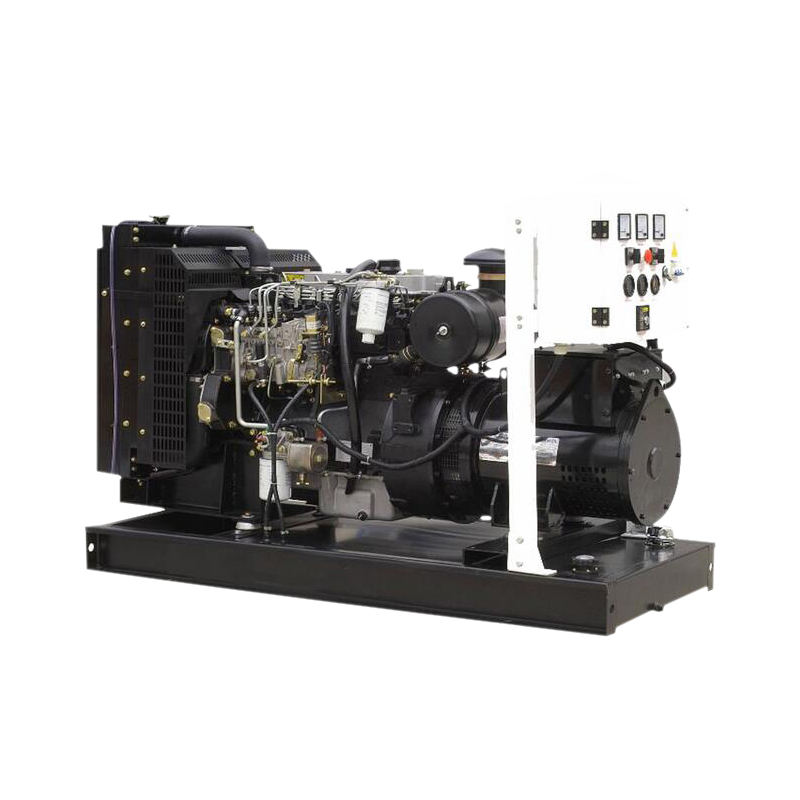Introduction
When it comes to ensuring a reliable power supply, generator sets are an essential investment. Whether you're powering a construction site, a data center, or your home during an outage, choosing the right generator set and maintaining it properly is absolutely necessary. In my experience, many people overlook the importance of proper maintenance, which can lead to costly repairs and unnecessary downtime. This comprehensive guide will walk you through the process of buying and maintaining generator sets, so you can make an informed decision and keep your power running smoothly.
Factors to Consider When Buying Generator Sets
Before you start shopping for a generator set, there are a few key factors to consider. First and foremost, you'll need to determine the size of the generator set you need. This will depend on the size of your facility and the amount of power you'll be using. It's important to choose a generator set that can handle your power needs, but it's also important to avoid oversizing, as this can lead to inefficiencies and higher costs. Other factors to consider include fuel type, noise level, and emissions regulations.
Fuel Type
Generator sets can run on a variety of fuels, including diesel, natural gas, and propane. Each fuel type has its own advantages and disadvantages. For example, diesel generator sets are known for their reliability and durability, but they can be more expensive to operate than natural gas or propane generator sets. On the other hand, natural gas generator sets are cleaner burning and less expensive to operate, but they may not be as reliable as diesel generator sets in extreme temperatures. Ultimately, the best fuel type for you will depend on your specific needs and circumstances.
Noise Level and Emissions Regulations
If you'll be using your generator set in a residential area or near other sensitive locations, it's important to consider noise level and emissions regulations. Some generator sets are designed to be quieter and produce fewer emissions than others, so be sure to choose one that meets your needs and complies with local regulations. Additionally, if you're using your generator set in an area with strict emissions regulations, you may need to invest in additional equipment, such as a catalytic converter or selective catalytic reduction system.
Maintenance Tips for Generator Sets
Once you've chosen the right generator set for your needs, it's important to keep it running smoothly with regular maintenance. Here are a few tips to help you maintain your generator set:
Perform Regular Inspections
Regular inspections are key to catching potential issues before they become major problems. Check the oil and coolant levels, inspect the belts and hoses, and look for any signs of wear or damage. Additionally, be sure to check the air filter and replace it as needed to ensure optimal performance.
Schedule Regular Maintenance
In addition to regular inspections, it's important to schedule regular maintenance for your generator set. This may include oil changes, filter replacements, and other routine maintenance tasks. Your generator set manufacturer or service provider can help you determine the appropriate maintenance schedule for your specific equipment.
Keep Your Generator Set Clean
Dust and debris can accumulate on your generator set, leading to performance issues and potential damage. Be sure to keep your generator set clean by wiping it down regularly and removing any debris that may have accumulated. Additionally, be sure to clean or replace the air filter regularly to ensure optimal performance.
Conclusion
Choosing the right generator set and maintaining it properly is essential for ensuring a reliable power supply. By considering the key factors outlined in this guide and following the maintenance tips provided, you can make an informed decision and keep your power running smoothly. Whether you're powering a construction site or your home during an outage, generator sets are an investment worth making.





